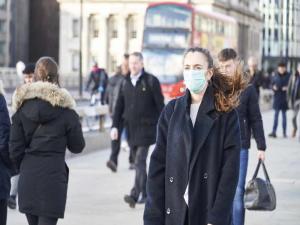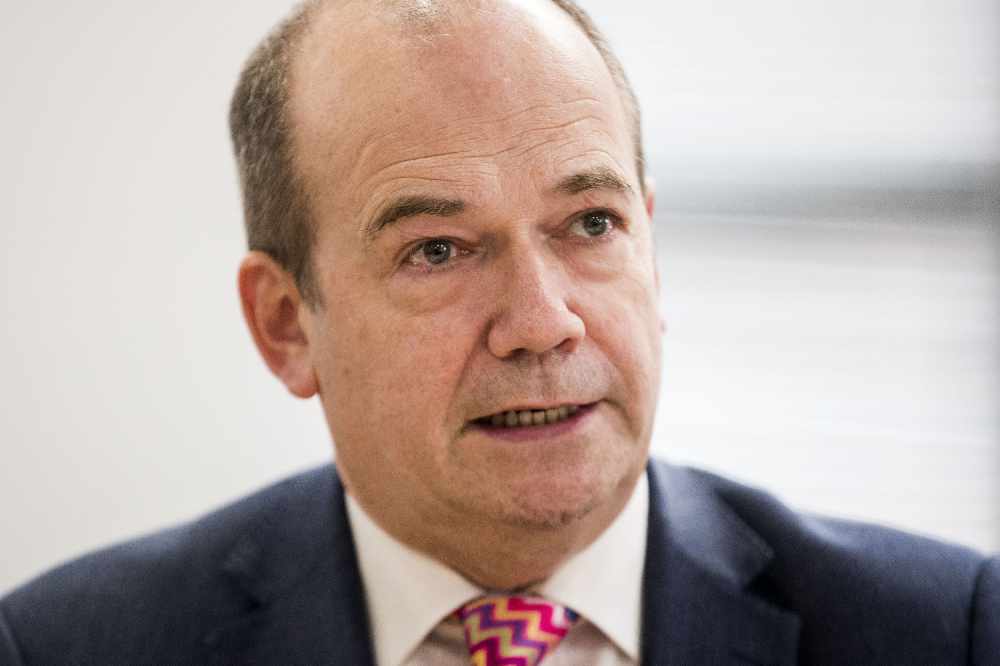
By Michael McHugh, PA
Additional restrictions will be required around Christmas in Northern Ireland if the spread of coronavirus rises significantly, health officials have warned.
Relaxing curbs on hospitality and close-contact services like hairdressers and beauty salons from next Friday is highly likely to lead to a rise in the reproductive rate of the virus, the chief medical and scientific officers have told Stormont ministers.
The advice was delivered on Thursday and has been seen by the PA news agency.
Stormont decided to allow most industries to reopen next week, with the exception of pubs which do not serve food, which must remain closed.
Ministers want to keep the reproductive (R) rate – which represents the average number of people someone with Covid-19 goes on to infect – at 1 or under to prevent an exponential growth in infections.
The cautionary note from chief medical officer Dr Michael McBride and chief scientific adviser Professor Ian Young said that to have a reasonable chance of containing the R rate, it would be necessary to keep the hospitality sector and close-contact services or non-essential retail shut, if other sectors were to open.

Pictured - Doctor Michael McBride
The advisers said the R rate would need to stay below 1.6 – and preferably below 1.4 – to ensure no further restrictions are needed before the end of December, and that if the rate rose as high as 1.8 then “additional restrictions will be required around Christmas”.
Simon Hamilton is the Chief Executive of Belfast Chamber.
While he has welcomed the easing of restrictions next week - he's backing calls for wet pubs to get additional support from Stormont:
They said if the main aim was to suppress the epidemic then no relaxations should be permitted after the circuit-breaker ends on December 11, and the current restrictions should be extended.
They acknowledged social interactions were likely to increase in the run-up to the festive season, recommending at a minimum that drink-only pubs be kept closed.
The public health experts have previously acknowledged the impact of lockdown on the economy and on mental health, and accepted it was for ministers to balance public health advice with wider considerations in their decision-making.


 Politicians urge calm after second night of Londonderry violence
Politicians urge calm after second night of Londonderry violence
 Kneecap rapper faces charges for alleged support of terrorist group, court told
Kneecap rapper faces charges for alleged support of terrorist group, court told
 Further five arrests made by police investigating disorder
Further five arrests made by police investigating disorder
 Gun pointed at man during vehicle hijacking
Gun pointed at man during vehicle hijacking